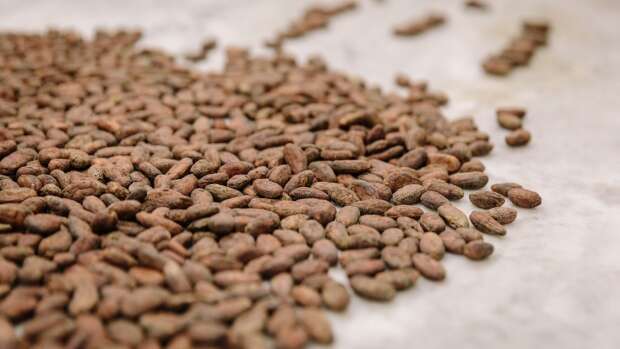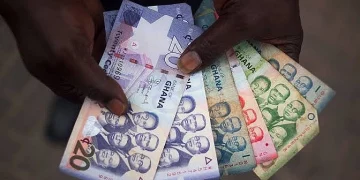The Cocoa Processing Industry: Is Cocoa Processing Profitable in Ghana?
The poor performance of the Cocoa Processing Company (CPC) has raised concerns about the viability of cocoa processing in Ghana.[1] The company continues to record operational losses, despite government support and rising global demand for cocoa products. This raises a fundamental question: Is cocoa processing a profitable business in Ghana?
Cocoa processing, in principle, should be one of Ghana’s most promising industries. The country remains the world’s second-largest producer of cocoa beans, and processing locally should add value, create jobs, and retain export earnings. However, the realities on the ground tell a different story.
The profitability of cocoa processing depends on several key factors: reliable and steady raw material supply, access to finance, affordable energy, competitive tariffs, infrastructure, and market access for semi-finished and finished products. In Ghana, nearly all these conditions are weak.
First, raw material supply remains a significant challenge [2][3][4]. Most cocoa processing companies, including CPC, face shortages of the light beans needed for production. Ghana sells the bulk of its cocoa forward on international contracts, leaving processors with limited access to quality beans. As a result, some processors have had to import beans from neighboring countries to sustain production, a costly and inefficient alternative.
The second problem is high operational costs. Energy tariffs, financing costs, and import duties on essential inputs (like sugar and milk for finished cocoa products) make local processing expensive. For many firms, the cost of production outweighs revenue, leaving them to operate at break-even or losses.
Third, there is limited value addition. Most processors in Ghana produce semi-finished products such as cocoa liquor and butter, rather than finished consumer products like chocolate. This means that the higher profits from global value chains are still captured abroad.
Fourth, access to finance is a structural bottleneck. The absence of syndicated loans or flexible credit facilities forces processors to self-finance their operations, which limits expansion and working capital.
Comparatively, Côte d’Ivoire’s processors operate under a more supportive structure: access to beans is more predictable, energy tariffs are lower, and government policies deliberately link local processors to global buyers. Ghana’s processors, by contrast, operate under uncertainty and high-cost conditions.
Against this background, CPC’s case is simply worse. For a private processor, this environment is barely sustainable. For a state-owned enterprise like CPC, the challenge is even greater. Beyond operational constraints, CPC suffers from political interference, inefficient management, and delayed decision-making. Unlike private processors that mostly focus on semi-finished products, CPC produces finished goods, which require importing additional inputs like sugar and milk, all at a high cost. This means CPC’s operations carry heavier expenses but compete in the same weak market.
The problem with CPC is, therefore, both internal and operating in a system that does not reward processing. The broader environment, high costs, bean shortages, and weak financing make the entire sector unprofitable. But CPC’s politicized management makes its struggle even deeper.








